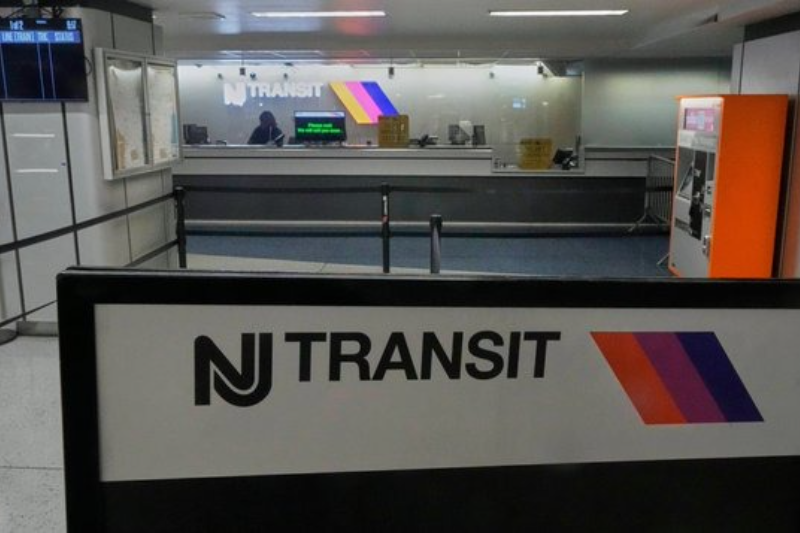
(C): CBS New York – twitter
The New Jersey rail workers ended their strike after three days when the Brotherhood of Locomotive Engineers and Trainmen (BLET) reached a tentative agreement with NJ Transit on Sunday. BLET, which represents 450 engineers, voted for the deal, concluding the first statewide rail strike in over 40 years. NJ Transit trains are expected to resume full service on Tuesday, May 20 after a Monday safety inspection and other necessary preparations.
The strike, which started just after midnight on Thursday, canceled NJ Transit’s rail service and ambushed more than 100,000 daily commuters forced to look for alternative modes of transportation to New York and Philadelphia. In response NJ Transit put its contingency plan into action, increasing bus service and chartering buses from satellite lots while advising commuters to work from home on Monday.
Governor Phil Murphy referred to the deal as a good outcome for labor, NJ Transit, taxpayers and the commuters. Although there have been no specifics on the deal, union chairman Tom Haas confirmed that the deal included raises greater than the previous proposals. Earlier in the week, negotiations collapsed amid mutual accusations with both parties holding each other responsible for the strike.
NJ Transit officials had blamed budget restrictions, while the union was attempting to get salaries comparable to those of the engineers from neighboring states.
Kris Kolluri, President of NJ Transit stressed safety by saying there would not be any train service on Monday so NJ Transit could inspect the trains and rail infrastructure after the stoppage.
Some commuters still feel frustrated that the strike didn’t offer better transport options in place of rail service. However, the end of the strike delivers relief and normalization for the state’s third largest transit system, with over 700,000 daily passenger trips.







